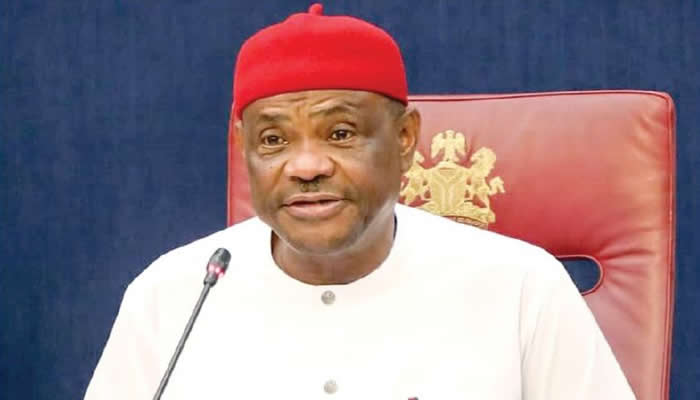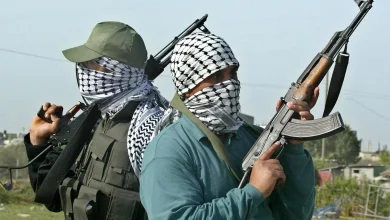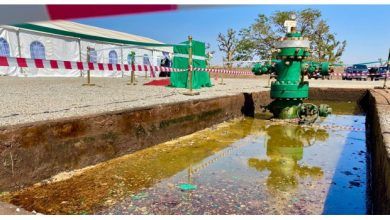
In a sharp divergence from the official account released by the National Emergency Management Agency (NEMA), the Minister of the Federal Capital Territory (FCT), Nyesom Wike, has dismissed claims that Monday’s explosion near Abuja was a suicide bombing attempt.
Speaking during an inspection tour of ongoing projects across the FCT on Tuesday, Wike clarified that the explosion at the Mogadishu Army Cantonment along the Abuja-Keffi Expressway was caused by an individual who unknowingly transported explosives stolen from a quarry. According to the minister, the device detonated while in transit, resulting in a blast that injured one passerby.
“This was not a terrorist attack or suicide bombing,” Wike stated firmly. “Abuja remains one of the safest cities in Nigeria. This administration remains committed to sustaining that status with continued vigilance and security investments.”
The minister’s remarks stand in stark contrast to the narrative advanced by NEMA, which had earlier reported that the explosion was caused by a suicide bomber attempting to infiltrate the army barracks.
In a detailed statement, NEMA said emergency responders were deployed to the scene following the blast at approximately 1:47 p.m. on Monday.
The agency’s report alleged that the bomber, strapped with an improvised explosive device (IED), was killed instantly when the device detonated before he could enter the military facility. One civilian reportedly sustained injuries and was evacuated to the National Hospital by the police Explosive Ordnance Disposal (EOD) team.
NEMA also noted the presence of the military, police, DSS, and Federal Road Safety Corps (FRSC) during the emergency response, which concluded around 5:30 p.m.
Meanwhile, the Nigeria Police Force has launched a full-scale forensic investigation into the incident to determine the exact cause and nature of the explosion.
The conflicting accounts have sparked debate, with calls for a unified and transparent update from security agencies to clarify the cause of the blast and reassure residents of the capital.
As tension simmers, stakeholders and security analysts are urging better coordination among Nigeria’s emergency and intelligence agencies to avoid conflicting narratives, especially on sensitive security matters.





